Gareth Southgate has had an extraordinary career.
At 23 he was captain of Crystal Palace. Later he became an essential part of the England football team. But, in a semifinal of Euro 96, he blundered in a penalty shoot out and England lost the match.
Humiliation like this, on an international scale, could have been crushing for some, but Southgate recovered to become England manager, finally wiping out his shame by taking them to the semi finals of the 2018 world cup, where Croatia just beat them by a goal in extra time.
After his career in football, Southgate wrote a book on management, and became visiting lecturer at Harvard Business School. He was awarded an OBE, and -most impressively- even though he was born in Hertfordshire, he is an Honorary Yorkshireman.
More recently, Southgate has been an advocate on social issues, and on Wednesday he gave the Richard Dimbleby lecture to the BBC, where he spoke on the subject of self belief and resilience in the young. In his talk he quotes Lost Boys, a report by the Centre for Social Justice which says that in Britain today, the number of young men who are not in work, education or training has risen by 40% since Covid - as opposed to 7% among women. Southgate warns that these young men — who are dropping out of the workforce — are dropping out of society as well.
He regards this as a crisis of masculinity among the youth, a situation that is being made worse by a lack of positive role models. Shockingly, in Britain today, teenage boys are almost twice as likely to own a smartphone than to live with their father.
It’s easy to imagine how the mentor role is being filled by people on the internet who are driven by what Southgate calls a toxic and manipulative agenda, which is ultimately self serving.
Southgate is a key figure in this debate.
He is clearly a man of fortitude, who has overcome public humiliation to become an admired leader. We can get an idea of his self discipline from the way he dresses; as England manager he wore a three piece suit to matches, which led to a surge in sales of waistcoats at Marks & Spencer – a retailer known for their excellent food and dowdy fashion.
Southgate displays the characteristics of a mature masculinity. He is formal and correct on the outside, but warm and caring inside. When Bukayo Saka missed a penalty for England, this was his response
he took on the role of father figure.
~~~ ~~~ ~~~
In his lecture, Southgate said that young men and boys are being told by internet influencers that ‘success is measured by money or dominance, never showing emotion, and that the world -including women- is against them. [The people who are spreading these messages] are as far away as you can possibly get, from the role models our young men need in their lives.’ You can hear his voice break with emotion as he says it.
But the environment young men and boys are growing up in is more than just the internet. They are subject to all sorts of influences; peer pressure, the legacy media (if only indirectly), the advertising that pervades urban life — these are just are some of them.
~~~ ~~~ ~~~
It would be crass to assert that perfume, or even its adverts, are manipulating the way youths see themselves – and their future roles as men. But the way men are portrayed in advertising does reflect certain ideas about masculinity — ideas which often go unchallenged.
Where Southgate has shown that beneath the formal exterior he can make himself vulnerable, this is not the case with perfume advertising – where the role models are one dimensional, and often stereotyped.
The images of men most often employed in perfume advertising fall into a number of tropes:
There is The Mobster – suited and booted, a sartorial cross between James Bond, and a nightclub bouncer. Sharp suits are compulsory for these types, along with a psycho stare.
But they don’t have to wear a tux to have the mad staring eyes.
This is the Casual trope, who is ultimately based on the Construction Worker of Village People.
~~~
Even with bedroom eyes
it’s clear this ‘A-Lister’ thinks he’s the boss — after all he’s got the threads to prove it.
A variation of The Celeb is represented by the actor who plays The Mentalist, a psychic crime buster, who’s a real gentleman.
But like the others, when this Gentleman isn’t rescuing damsels in distress, he just ignores them.
As well as this kind of White Knight, there is the Bad Boy – who channels the pirate fantasy. (Before Cap’n Jack, he originally came from Treasure Island).
Being an outsider and a rebel he’s harder to place on the social scale.
Which is also the case for the legion of male torsos, who are harder to place because they give no sartorial clues.
And he brings us on to the recent adverts for Jean-Paul Gaultier, which feature sailors getting hot and sweaty in the engine room.
Homoerotica has really come out of the closet since the first Mâle.
This time there is no admiring female draped over him, but all the same, his gaze presents basically the same challenge to the viewer; it is not empathy.
That previous one is a more presentable image, this next guy is somebody you wouldn’t want to meet on a dark night down at the docks.
Where many people probably realise Gaultier is gay, it’s less obvious why the next guy -who has recently been posing in the buff for Allure pour Homme- is sporting a Freddy Mercury moustache.
One can only assume Chanel are making a play for the Pink Pound, and -trying to jump on the bandwagon- have tumbled into L’Eau d’Issey instead.
And when it comes to diversity, there’s even a bizarre advert for Lidl’s own brand Homme.
‘As worn by Robbie Williams*’ it says. Ha, joke! He is a “*deputy store manager” and not the boy-band singer from way back when.
But there’s something more to this advert. At first I thought he was ‘neurodiverse’ but it could be the heavy dose of photoshop that makes him look weird. (Check out the skin texture on the tiny head and close up chest. This really is image manipulation.) Whatever else there is abiut thisd image, his is expression is blank – or stunned; not giving much away.
~~~ ~~~ ~~~
These adverts are just a selection that came up on a search for ‘perfume advert men’. It’s not a scientific enquiry, just a glance at the type of images that are used to sell pongs to young men. And adding 2024 to the search parameter doesn’t really change the demographic much.
~~~ ~~~ ~~~
The question of whether these images reinforce the toxic masculinity that Gareth Southgate -and others- are concerned about, can best be answered by turning the question round.
The question ‘Do they challenge toxic masculinity?’ is an easier one to answer, and the answer is no.
The limited range of stereotypes we’ve seen here doesn’t show a rounded picture of masculinity. It is limited to the body language of challenge and dominance, and the ignoring of women. There are also symbols of wealth and power on display. All of which conforms to what Southgate calls the message of the influencers; namely, success is measured by money or dominance [and] never showing emotion.
As in real life, there are some exceptions to the rule, but none of these men function as healthy role models. They either confront the viewer as a rival – or a conquest to be had, or they blank him. (Assuming the target audience is male, which may not be the case in every example — after all, WAGs buy Man Pongs too.)
Of those images that do open up a space for emotional rapport, there is the guy in the suit with the bedroom eyes, who is trying to seduce us - and so is not a father figure; there is the Mentalist who strikes an ironic pose to demonstrate his chivalry, but he colludes with the viewer’s gaze in a kind of joke - which is an attention seeking behaviour typical of the immature; and finally there is the ‘Robbie Williams’ guy who looks like an advert for Cool Water but has a face like a police mug shot, not a role to aspire to.
For a young man or boy without a father, who is trying to forge his identity through a smartphone, these images hold nothing but empty or toxic promises.
~~~ ~~~ ~~~
Thanks for reading, please help support my work.

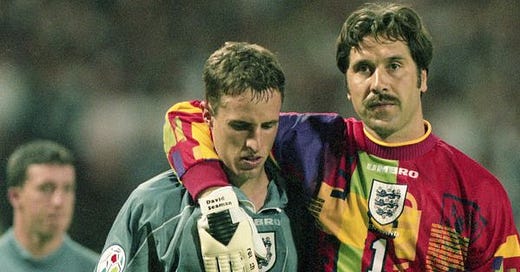


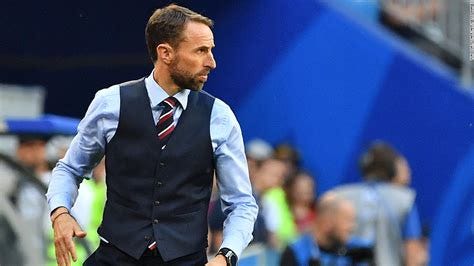

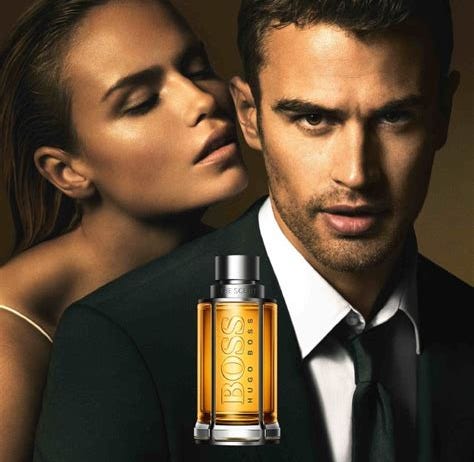



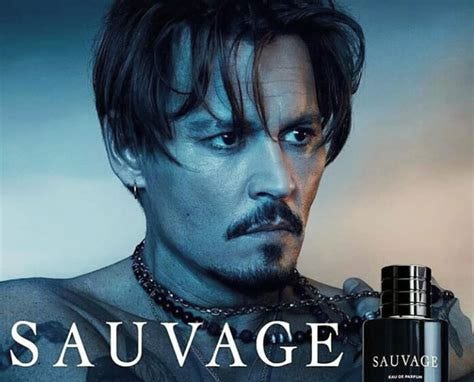
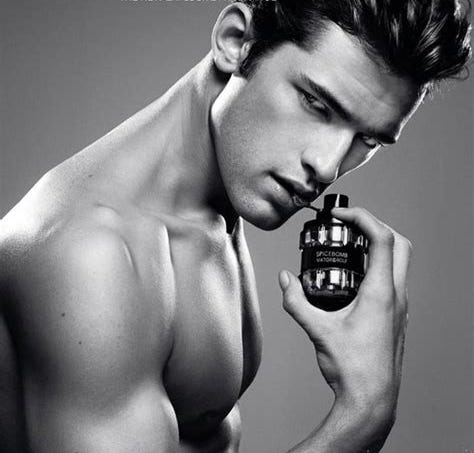
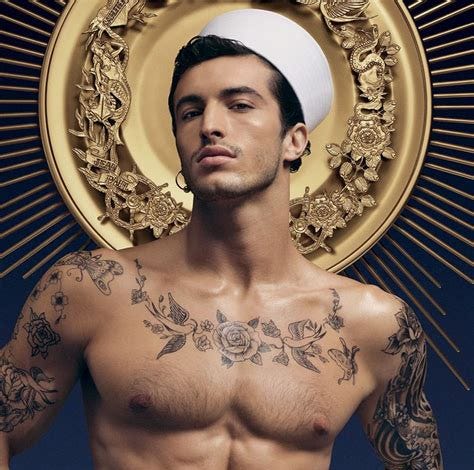


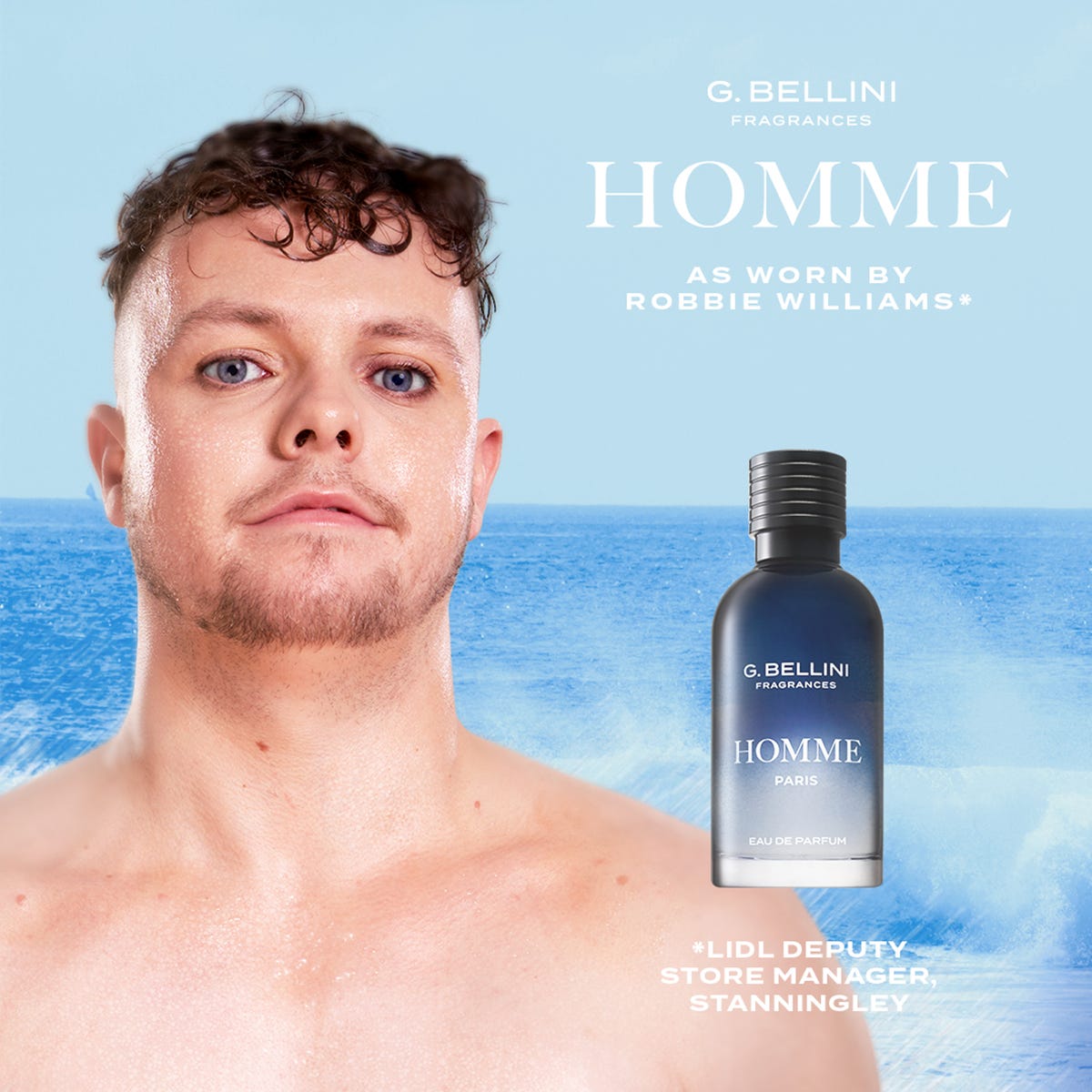
I appreciated this, thank you! Our lack of empathy is coming back to bite our tail.